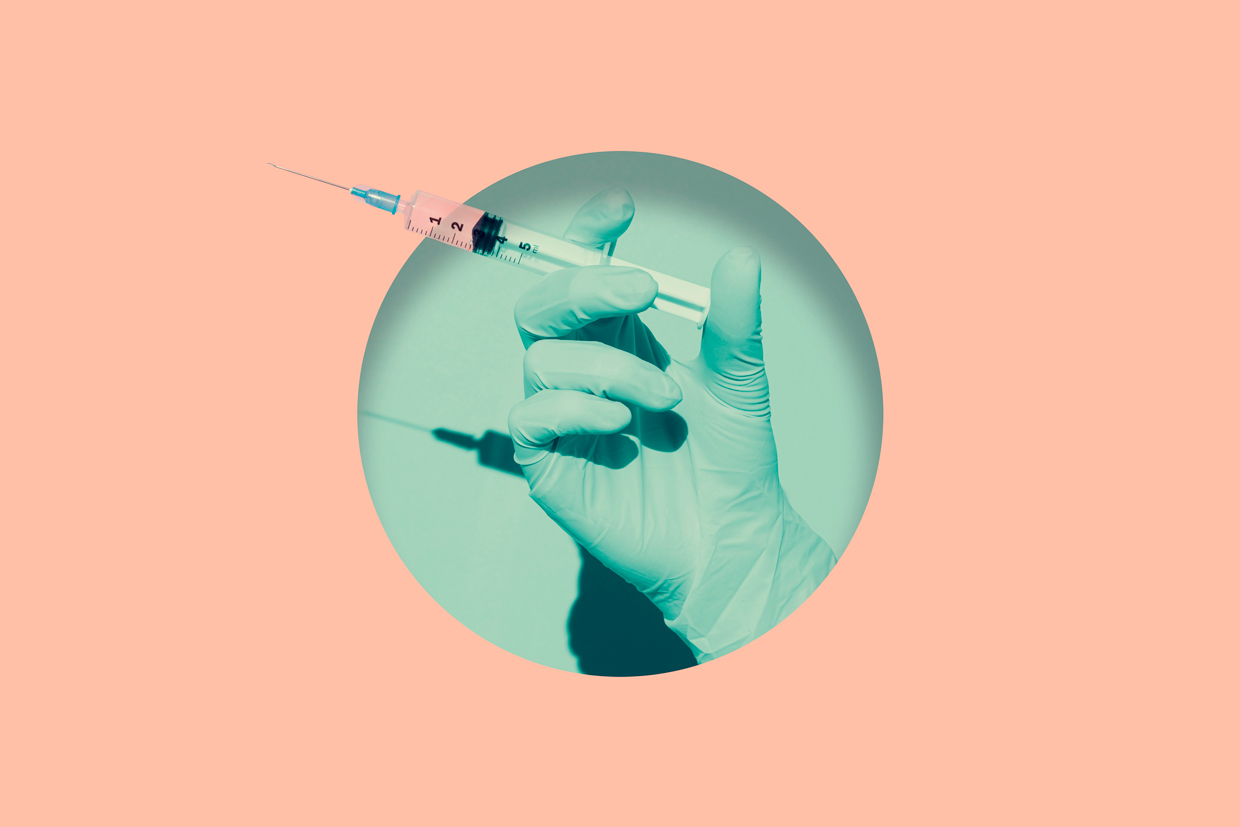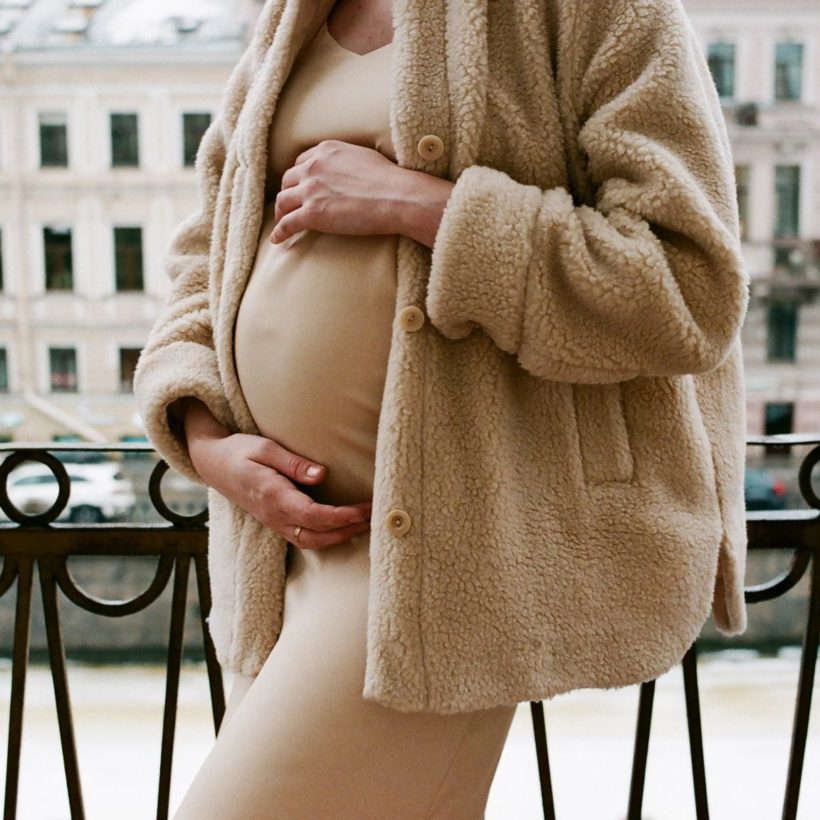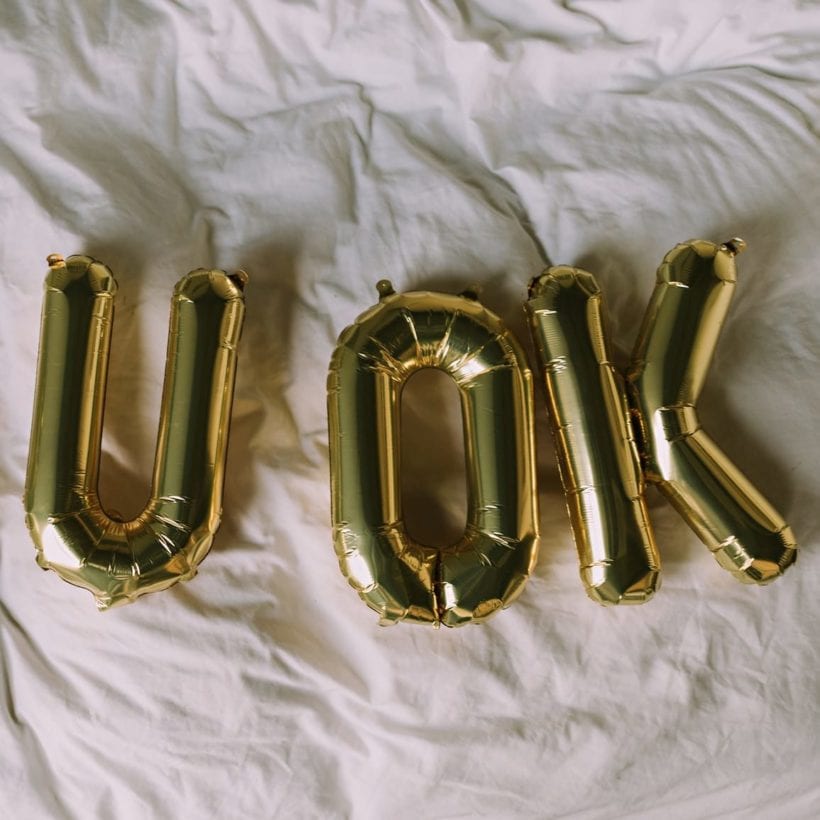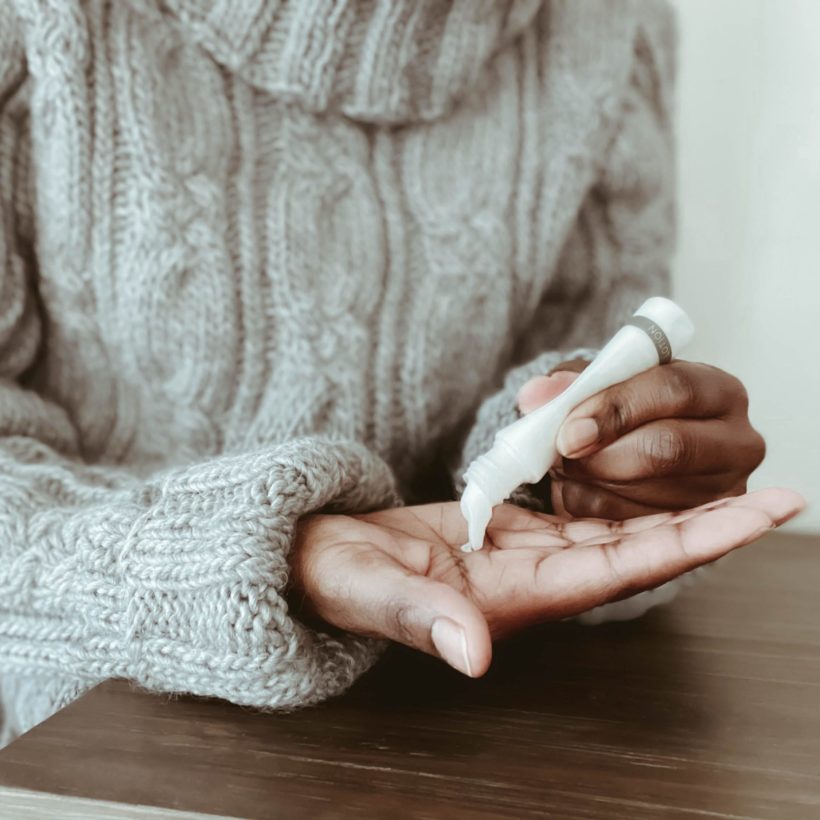Nearly two years into the pandemic, and nearly a year after the first vaccines to protect against COVID-19 were released, booster shots — a third dose of the Pfizer-BioNTech or Moderna vaccine or second shot of the Johnson & Johnson version — have officially been approved by the FDA. But not without a bit of controversy and confusion.
Before many people had even had their second dose of the vaccine, the White House was already working on a plan to make booster shots available. In August experts from the Centers for Disease Control and Prevention, the Food and Drug Administration, the U.S. Department of Health and Human Services, the National Institutes of Health, the National Institute of Allergy and Infectious Disease and Dr. Anthony Fauci (so basically every top health official in the country) released a joint statement endorsing boosters just days after the FDA approved their use. “We are starting to see evidence of reduced protection against mild and moderate disease,” the statement read. “Based on our latest assessment, the current protection against severe disease, hospitalization, and death could diminish in the months ahead, especially among those who are at higher risk or were vaccinated during the earlier phases of the vaccination rollout.”
Here’s everything you need to know about COVID-19 booster shots and how to get one.
Why are booster shots controversial?
Booster shots are the same formulation as the original vaccines (the only difference is with the Moderna booster, which is half the dose of the first two shots, according to the CDC) and come with the same potential for mild side effects. The controversy stems not from any safety or efficacy concerns about boosters, but an ethical concern. With so many people around the world who haven’t yet been able to access even one dose of the vaccine, the World Health Organization questioned wealthy countries offering third doses, initially even calling for a ban on boosters. The U.S. has gone ahead with offering booster shots anyway.
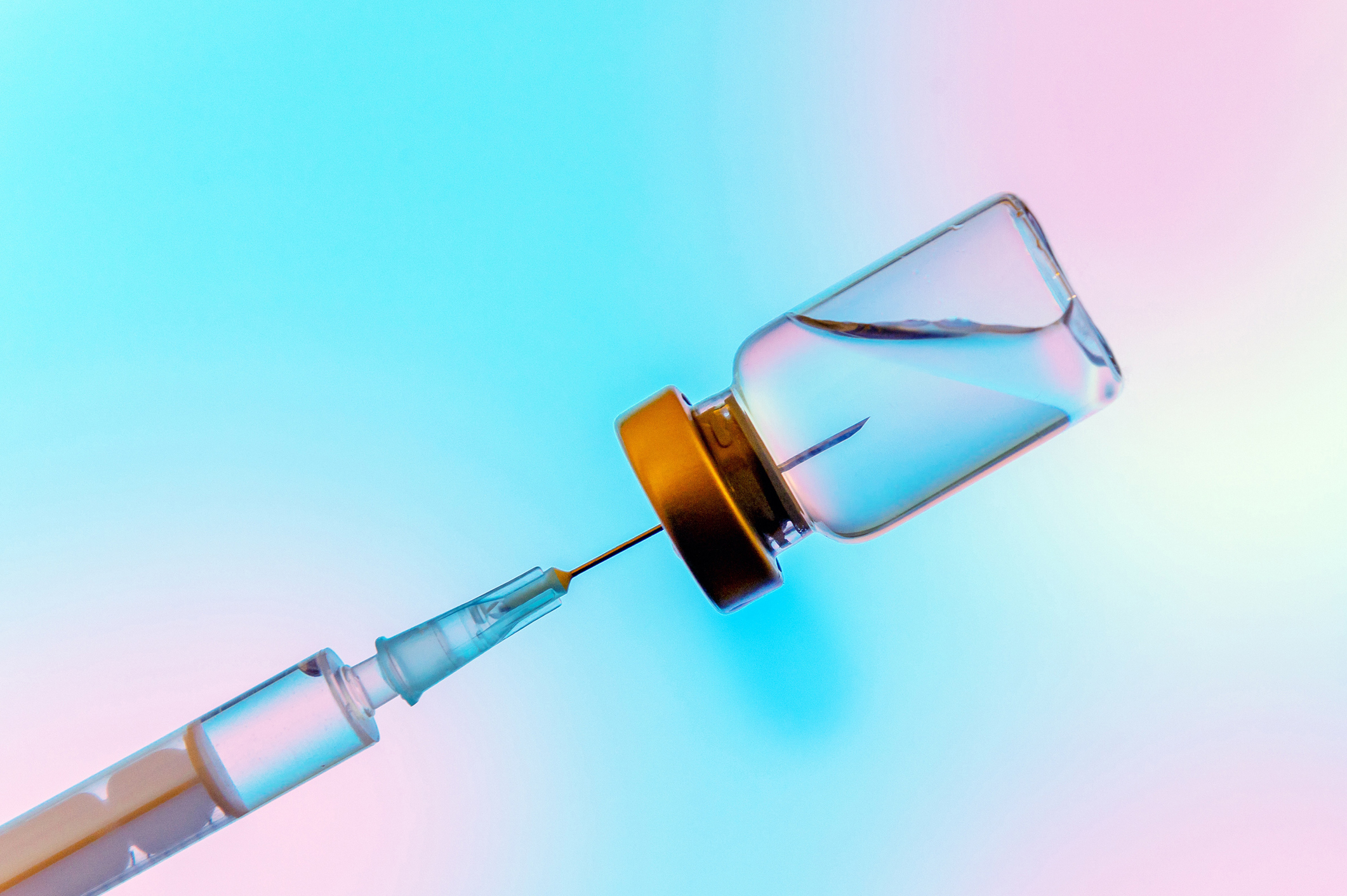
What’s the deal with mixing and matching?
With research showing that mixing and matching doses of the vaccine (think: a first and second dose of the Pfizer shot followed by a booster of Moderna) is highly effective in protecting against the Delta variant, the CDC officially endorsed it.
In fact, some evidence suggests that mixing and matching might actually make your vaccine more effective. A small study by the National Institutes of Health found that getting a different booster from the original vaccine dose boosted the immune response of participants in the trial — especially those who initially got the Johnson & Johnson vaccine. Why is the mix and match method more effective? “Your immune system is less likely to become tolerant to one type of vaccine,” explains says Dr. Purvi Parikh, an immunologist with Allergy & Asthma Network and a co-investigator with the COVID vaccine trials. “You are in a sense keeping your immune system on its toes.”
Who is eligible for a booster shot?
Right now, the list of people eligible for booster shots is limited to people over 65, people who work in high-risk situations (like hospitals, schools, and grocery stores) and those with underlying medical conditions. But that list may change as new data comes out, says Dr. Parikh.
The list of underlying medical conditions than can increase your risk of severe illness from the coronavirus includes things like cancer, obesity, heart conditions and pregnancy. It also includes mental health conditions like anxiety and depression. “Currently boosters are available by self-reporting [these conditions], says Dr. Parikh. “Given mental health already has a stigma, it’s good they can self-report or refer themselves. Hopefully they will also seek medical attention from a mental health expert as we are in a state of mental health emergency.”
If you’re not eligible yet, health officials are constantly analyzing data to inform new recommendations. And in the meantime, you’re still considered “fully vaccinated” if you have had two shots of the Pfizer or Moderna vaccines or two weeks after receiving the Johnson & Johnson vaccine even if you don’t get a booster shot.
Do I need to get one?
Okay, so if you’re eligible, do you need to get a booster or are you still protected from your first dose(s)? “The vaccines all still protect very well against hospitalizations and death,” says Dr. Parikh.
But data does show that overall protection declines over time. A significant study released in October found that six months after the second dose, the Pfizer BioNTech vaccine was still about 90 percent effective in preventing hospitalization and death from COVID-19, but it’s effectiveness at preventing less severe mild and moderate infections dropped from 88 percent effective to 47 percent effective. Hence the call for boosters.
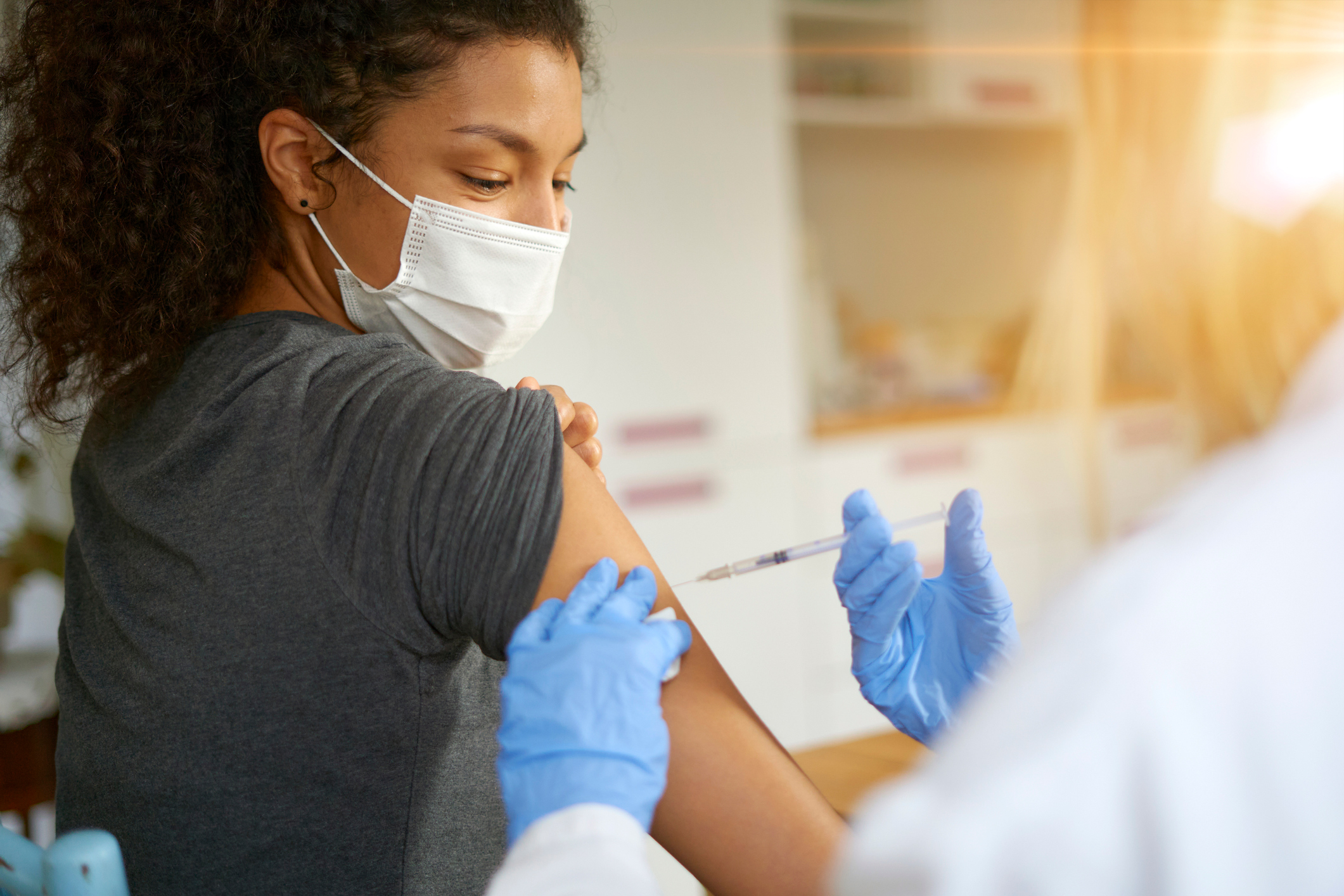
There’s also the threat of new, more dangerous variants of the coronavirus (like the Delta variant) which Dr. Parikh adds the booster can help protect against.
Is it safe for pregnant women?
If you’re not eligible yet, health officials are constantly analyzing data to inform new recommendations.
The booster shot, just like the initial dose(s) of the vaccine, is safe for pregnant women and has not been linked to any fertility concerns. In fact, it’s especially recommended if you’re pregnant. “Pregnant mothers are at increased risk to develop severe complications from COVID-19, including admission to intensive care and going on ventilator. COVID-19 also increases the risk for preterm labor, small for gestational age fetuses and possibly increasing pregnancy loss,” says Dr. Daniel Roshan, a maternal-fetal medicine specialist. “Vaccination is essential for all pregnant patients and those who are planning to get pregnant.”
If you’ve had the Pfizer or Moderna vaccine, Dr. Roshan recommends getting a booster six months after your last dose. And for those who’ve had the Johnson & Johnson vaccine, he recommends getting a booster after two months. “The booster shot will also provide immunity against the new variants of COVID-19,” he adds.
Will I need another booster shot in the future?
With cases of COVID-19 still sweeping many parts of the world, and the ever-present threat of new variants, it’s likely experts will recommend getting more than one booster. But it’s not likely to become a yearly thing like the flu shot, says Dr. Parikh. “Now that we have had a larger gap between doses two and three, the immunity may be more robust and last longer. It may be similar to pneumonia which is every five years or tetanus which is every 10,” she says (adding that certain high-risk groups may need to get boosters more frequently.)
Where can I get a booster shot?
Any vaccination site can give you a booster shot: government sponsored vaccine sites, hospitals and pharmacies like CVS and Walgreens are all great options. To find a site near you, use the national vaccine finder.
